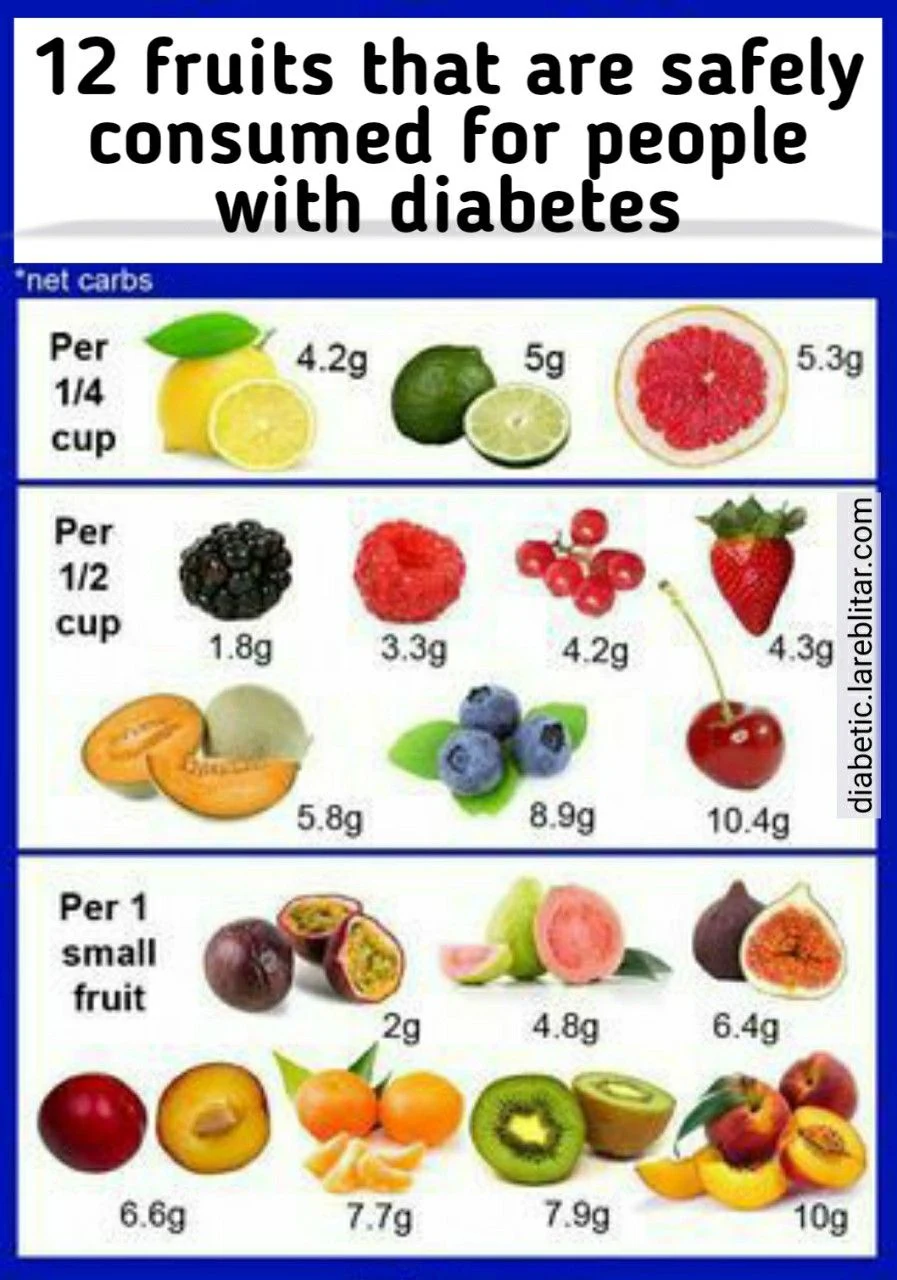Do Fruits Spike Blood Sugar? | Diet Tips

Fresh and juicy, vivid and colorful, fruits have long been championed as staples of healthy diets. But amidst the sweet allure, a common question lingers: do fruits spike blood sugar? Whether you're living with diabetes or simply striving for optimal health, this question is worth exploring. Join us on this journey as we delve into the realms of fruit glucose management, discovering how these natural wonders can be both beneficial and tricky when it comes to managing blood sugar levels.
Understanding Fruit and Blood Sugar
Fruits are packed with essential nutrients that promote overall health. From antioxidant-rich berries to vitamin-packed citrus, the health benefits of fruits are immense. However, it's crucial to understand how these sugar-laden delights impact our blood sugar levels, especially when it comes to blood sugar spike prevention.
Imagine uncovering a robust fruit glossary. A meticulously crafted directory that reveals not just the sweetness of each fruit, but the Glycemic Index (GI) as well. The GI is a ranking of how quickly foods raise your blood sugar after you eat them. Foods with a lower GI are generally preferred for those seeking to avoid sudden blood sugar spikes.
A Guide to Common Fruits and Their GI
So, do fruits spike blood sugar? Let's look at some common fruits and their GI values to guide us better in our fruit glucose management:
- Apples: GI of 38 – A low-GI fruit, apples are great for sustaining blood sugar levels and supporting blood sugar control.
- Bananas: GI can vary from 42 to 58 – Ripe bananas have a higher GI, so opt for less ripe ones for better blood sugar management.
- Grapes: GI of 46 – Moderate GI, but their potential to raise blood sugar can be mitigated by pairing with nuts or proteins.
- Oranges: GI of 40 – Another low-GI fruit, oranges are excellent for fruit lovers looking to manage blood sugar spikes.
- Mangoes: GI of 51 – Mangoes have a higher GI compared to other fruits, so portion control is key.
Strategies for Managing Fruit Intake
All fruits, regardless of their GI, contain sugars like fructose, glucose, and sucrose. Your body breaks down these sugars to sustain energy levels, making fruit glucose management necessary. Here are some tips to navigate this natural maze:
Portion Control
Consider portion control a balancer, much like weights on a delicate scale. It's not about avoiding fruits altogether but enjoying them in moderation. A piece of fruit per serving is often a good rule of thumb. For hybrid fruits like pineapples or watermelons, stick to a half-cup to a full cup.
Pairing Fruits with Proteins and Fats
Why not take on the strategy of pairing? Combining fruits with proteins or healthy fats can slow down the absorption of sugars, thereby aiding in blood sugar spike prevention. Think a handful of almonds with a peach or a dollop of Greek yogurt with berries. Balancing flavors and nutrients have never been so tasty!
Incorporate Fruits into Meals
Eating fruits as part of your meals rather than as standalone snacks can help maintain healthier blood sugar levels. Fruits can be mixed into salads, yogurt bowls, or smoothies for added flavor and nutrients, ensuring that your blood sugar control is steadfast.
Remember, the goal isn't to eradicate fruits from your diet but to comprehend and optimize how your body manages these natural sugars. Understanding how and when to enjoy these sweet delights can transform your blood sugar control journey.
Conclusion
The relationship between fruits and blood sugar levels is multifaceted. By acknowledging their GI, practicing portion control, and combining them with complementary foods, you can reap the health benefits of fruits without compromising your blood sugar control. Do fruits spike blood sugar? Yes, but armed with the right knowledge and strategies, you can navigate this challenge and enjoy the best of both worlds.
Now, it’s your turn to take control. Explore more about the health benefits of fruits and experiment with recipes that keep your blood sugar levels in check. Stay curious and enjoy the journey to better health! Click here for more in-depth resources and expert diet tips.
FAQs
- Are all fruits high in sugar? No, not all fruits are packed with sugar content. Some fruits like berries, apples, and oranges have a lower GI and are thus better for managing blood sugar levels.
- What is the best time to eat fruits? The best time to consume fruits varies from person to person. Some people might benefit from eating fruits with meals, while others might find morning or afternoon snacks more suitable.
- Can diabetics eat fruits? Yes, diabetics can eat fruits. Using portion control, monitoring their GI, and pairing with proteins or healthy fats, they can enjoy fruits while managing their blood sugar levels.
- What are the implications of a high GI fruit on blood sugar? High GI fruits can cause a rapid spike in blood sugar levels, increasing the risk of insulin resistance and type 2 diabetes over time.
- How does fiber help in managing blood sugar levels when consuming fruits? Fiber slows down the digestion of fruits, preventing sudden spikes in blood sugar levels. Foods rich in fiber like berries and pears are excellent choices for maintaining blood sugar control.
0 Response to " Do Fruits Spike Blood Sugar? | Diet Tips"
Post a Comment